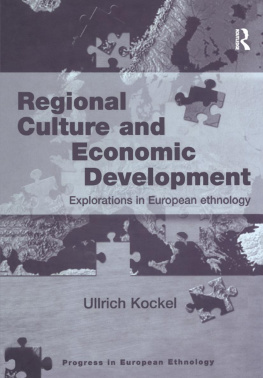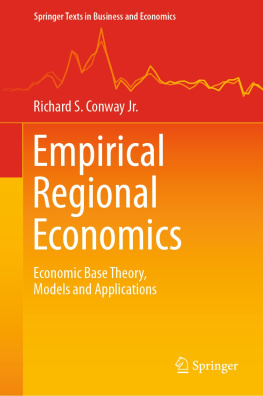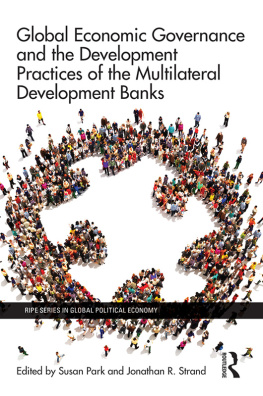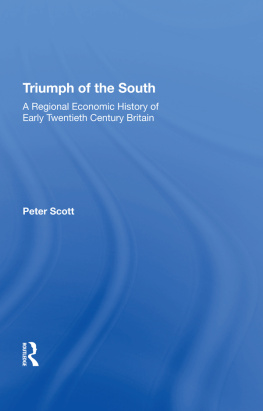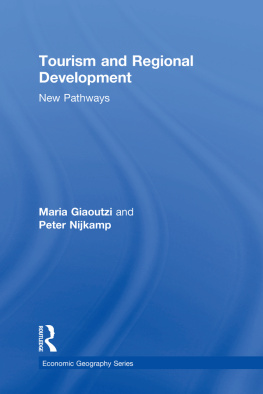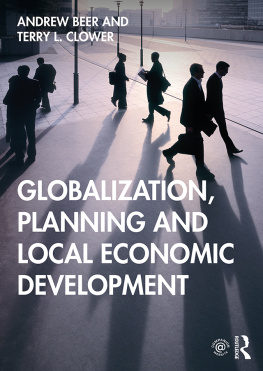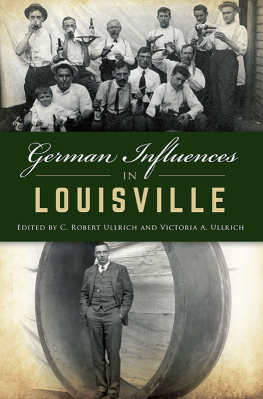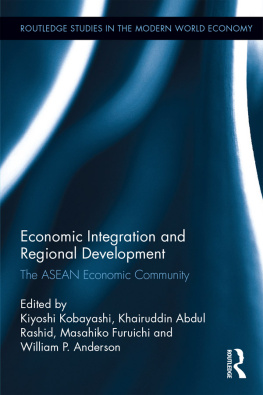First published 2002 by Ashgate Publishing
Published 2017 by Routledge
2 Park Square, Milton Park, Abingdon, Oxon OX14 4RN
711 Third Avenue, New York, NY 10017, USA
Routledge is an imprint of the Taylor & Francis Group, an informa business
Copyright Ullrich Kockel 2002
All rights reserved. No part of this book may be reprinted or reproduced or utilised in any form or by any electronic, mechanical, or other means, now known or hereafter invented, including photocopying and recording, or in any information storage or retrieval system, without permission in writing from the publishers.
Notice:
Product or corporate names may be trademarks or registered trademarks, and are used only for identification and explanation without intent to infringe.
British Library Cataloguing in Publication Data
Kockel, Ullrich
Regional culture and economic development : explorations in European ethnology
1.Ethnology Europe 2.Europe Economic conditions 1945 3.Europe Politics and government 1989
I.Title
330.94
Library of Congress Control Number: 2001099950
ISBN 13: 978-0-7546-1024-3 (hbk)
This is the first volume in a new series, Progress in European Ethnology, aiming to foster dialogue between Anglophone and non-Anglophone traditions of studying European cultures. As the essays in recent special editions of Ethnologia Europaea (1996) or American Anthropologist (1997) demonstrate, there has been little exchange between the two linguistic universes. In European ethnology until quite recently, German used to be the lingua franca. However, since the late 1960s there has been a growing interest in the anthropology of Europe in the USA, and in an anthropology at home in Britain. Thus social and cultural anthropologists in particular have taken up issues and topics that on the European mainland have usually been addressed by European ethnologists. At the same time, the older discipline of folklore (or folk life studies) in the United Kingdom has been overshadowed by the meteoric rise of cultural studies.
The conflicting pressures of globalisation and regionalism bring issues of culture, historicity, everyday life and identity into sharp relief. European ethnology studies these within their spatial, temporal and societal horizons, addressing, for example, questions of cultural diversity and multiculturalism, the nature of and basis for social exclusion on cultural grounds, boundaries and territories, and the evaluation of policy effectiveness. As an empirical approach to cultural studies (Empirische Kulturwissenschaft), European ethnology contributes to the development of methodologies for evidence-based multidimensional and complex social analysis, which has the capacity to inform policy and practice in a wide range of socio-cultural domains. It is particularly suited to studying local-level interpretations and negotiations of global processes concerning, for example, the translation of environmental risk perceptions into actions and beliefs, and the fostering of innovation for sustainable development.
European ethnology understood and practised in this way is very much a form of applied social research. But there is another dimension to the discipline, one that constitutes both a resource and a constraint for its development. European ethnology did not fall out of the sky during the heady days of the late 1960s, when its main journal, Ethnologia Europaea, was launched. The disciplines name had first appeared in the 1930s in Sweden, and an international congress at Arnhem in the Netherlands in 1955 voted to adopt it as an umbrella term for a wide range of national and regional traditions of studying cultures in Europe. As anthropology still struggles with its colonialist legacy, so many, if not most of these diverse traditions in Europe carry the burden of their own implication in various forms of national awakening, from the early romantic stirrings of nationalism in eighteenth century literature and scholarship to the savagery of two World Wars and the Holocaust.
The Arnhem proposal was about more than just finding a common name for a range of similar approaches it was primarily about the rehabilitation of a set of closely related university subjects whose primary research focus, whether as Volkskunde, folklivsforskning, ethnography or folklore, was on the Volk, a concept largely discredited by political abuse. Following the re-invention of the discipline in the German-speaking parts of Europe from the late 1960s onwards, a growing number of university institutes adopted the new name, either on its own or in combination with other labels, such as cultural anthropology at Frankfurt am Main, or cultural studies at Marburg.
This reflects a paradigmatic shift that is still the subject of much debate, both within and across the different national and regional traditions. At a conference at Budapest in 2001, the motion to rename the International Society for Ethnology and Folklore as Society for European Ethnology met with strong resistance. While the proposal was championed by members from the German-speaking parts of Europe, perhaps because they perceive the stigma on the term folklore more sorely than most, members from elsewhere felt that valuable elements of the tradition of folkloristics might also be thrown out in the process, like the proverbial baby with the bath water.
This was not merely a clash between the progressives and the traditionalists, as some might argue. It signalled the need for a critical archaeology of the antecedents of European ethnology. Much has been written over the past thirty years or so about the ways in which a focus on the Volk made these disciplines very attractive for populist, fascist and communist movements, and how this has compromised much research carried out during the last century. The acknowledgement of its politico-historical responsibility is vital for the discipline to have intellectual credibility in the future. Due recognition of this problematic should, however, not make us blind for the valuable contribution a perspective grounded in the everyday historicity of ordinary people makes to a better understanding of contemporary as well as historical issues.
A major strength of the various traditions from which European ethnology has emerged has always been precisely because of their focus on the Volk and its historicity the link to history and philology. That is not to say that the practical use made of this link has always and everywhere produced valuable outcomes. Methodologically, however, reading our everyday stories and histories through the hermeneutic lens of lived experience is one of the trademarks of European ethnology, and an art that ought to be (re-)developed, as Orvar Lfgren suggested recently in his keynote speech at the aforementioned Budapest conference.
Another important, often neglected element in the history of European ethnology is a connection with geography and early political economy. Through ideological association with nationalism, the humanities aspects of European ethnology acquired considerably greater prominence during most of the nineteenth and twentieth centuries, although attempts were made by a number of leading scholars to re-establish the link with the social sciences.


